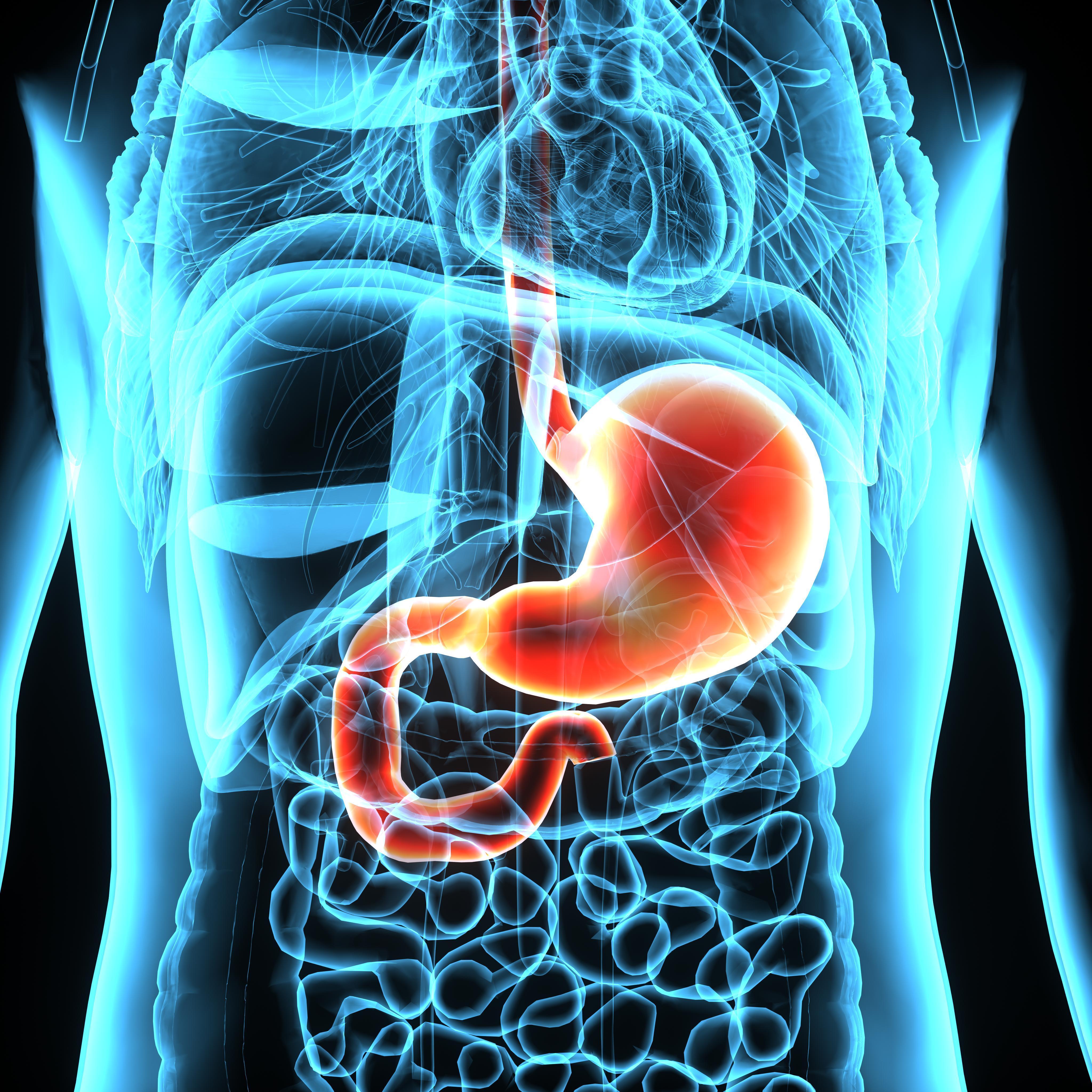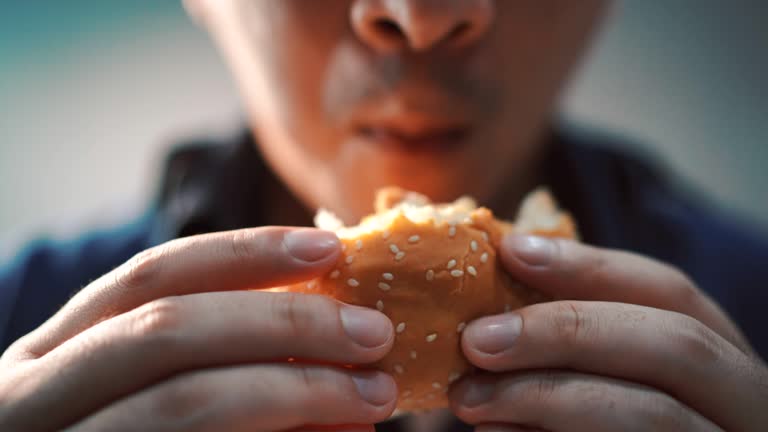
Why Your Stomach Is Never Truly Empty (and Why That Matters)
You may feel hungry, hear your stomach growl, or assume your digestive tract is on standby between meals. But even when you have not eaten for hours, your stomach is never idle. It stays active, engaged, and highly coordinated — cleaning, signaling, and preparing for the next cycle of digestion (GI Rhythms Journal, 2024).
What we often call an “empty stomach” is actually a phase where some of the body’s most essential digestive housekeeping takes place. These internal rhythms are responsible for resetting your gut, regulating hunger hormones, and maintaining digestive health at a foundational level.
Ignoring or disrupting this phase can throw off appetite regulation, nutrient absorption, and gut-brain communication — even if your diet looks healthy on the surface.
What Your Stomach Does When You Are Not Eating

Between meals, your stomach and intestines are not resting. They are operating in a deeply intelligent rhythm that helps clear out leftover debris and prepares the body for the next round of digestion.
Here is what’s happening inside:
- The migrating motor complex activates: About 90 to 120 minutes after eating, your digestive tract begins a rhythmic wave-like motion that sweeps undigested food, bacteria, and waste toward the colon. This is known as the migrating motor complex (MMC) and it only occurs when you are not eating (Clinical Gastroenterology Weekly, 2025).
- Ghrelin pulses increase: As your stomach empties, the hunger hormone ghrelin is released in waves. This does not just trigger appetite — it sharpens memory, boosts motivation, and supports healthy metabolic function (Hormones & Behavior Review, 2024).
- Gut rhythm rebalances: Your stomach and intestines have their own timing mechanisms, sometimes called the “second brain.” These regulate movement, secretions, and communication with the central nervous system. Interrupting this rhythm can contribute to bloating, sluggish digestion, and even mood changes.
Your “empty stomach” is not a void. It is a maintenance cycle that keeps your system clean, efficient, and responsive.
Signs Your Digestive System Is Out of Sync
When the MMC and hormonal pulses are disrupted — usually by constant snacking or erratic eating patterns — your body misses the chance to reset. That can lead to:
- Frequent bloating or sluggish digestion: Food builds up without time to fully clear the system, creating fermentation and discomfort.

- Erratic hunger cues: You feel hungry too often or not at all, because ghrelin and other signals are misaligned with your eating patterns.
- Brain fog or low drive: Ghrelin pulses help regulate alertness and mental clarity. Disrupting its rhythm may dull your focus and energy.
- Increased inflammation: When waste and bacteria linger in the small intestine, it may stress the immune system and lead to low-grade inflammation over time (Gut Rhythm Research Lab, 2024).
These symptoms may not point to a major illness, but they are signs that your system is not getting the space it needs to clean and calibrate.
The Science Behind It
The migrating motor complex has four phases and plays a vital role in preventing bacterial overgrowth, food stagnation, and fermentation in the gut. It is driven by specialized pacemaker cells and the enteric nervous system, and functions only when food is not present (Digestive Motility Journal, 2025).
Ghrelin, often called the “hunger hormone,” rises before meals and falls after eating. But it is also involved in brain signaling, motivation, sleep regulation, and fat distribution. Research shows that consistent fasting periods — even short ones — help ghrelin stay in balance, which improves both digestion and cognition (Metabolic Neuroendocrinology Report, 2025).
In short, giving your body time between meals allows it to run key neurological and digestive programs that never happen during feeding.
How to Support Your Gut’s Internal Timing

You do not need to fast for extreme lengths to reset your gut. You simply need to respect the natural wave cycle that plays out between meals.
Try this:
- Allow 3 to 4 hours between meals: This gives your system time to activate the MMC and clean up after digestion. If you are always grazing, your body never gets to complete the cycle.
- Hydrate with intention: Drink water, herbal tea, or broths between meals instead of reaching for snacks. Liquids do not interrupt the MMC like solids do.
- Listen to your stomach sounds: That growling noise is not a cry for food. It is the sound of the MMC doing its job. Learn to recognize the difference between hunger and maintenance.
- Schedule meals around activity: Eating while distracted or stressed can delay digestion. Let your body complete one cycle before jumping into the next.
The goal is not restriction. It is rhythm.
Empty vs. Active: Key Differences
- Empty sounds passive. Active describes what your stomach is really doing.
- Empty implies something is missing. Active shows your system is working behind the scenes.
- Empty suggests hunger. Active suggests coordination.
- Empty can feel like deprivation. Active reflects inner balance.
When you stop treating your stomach like it is empty and start recognizing its natural intelligence, everything from digestion to mood begins to shift.
One Simple Cue
The next time your stomach growls between meals, pause. Breathe low into your belly. Ask yourself, “Is this hunger — or is my body completing a cycle?”
Sometimes, the best way to support digestion is to do nothing at all.
References:
Clinical Gastroenterology Weekly. (2025, May). Migrating motor complex and its role in digestive clearance. Clinical Gastroenterology Weekly.
Digestive Motility Journal. (2025, February). Pacemaker cells and digestive rhythm regulation. Digestive Motility Journal.
GI Rhythms Journal. (2024, October). Interdigestive phases and nutrient timing. GI Rhythms Journal.
Gut Rhythm Research Lab. (2024, July). The cost of constant snacking: A microbiome study. Gut Rhythm Research Lab.
Hormones & Behavior Review. (2024, November). Ghrelin, cognition, and motivation: More than hunger. Hormones & Behavior Review.
Metabolic Neuroendocrinology Report. (2025, March). Fasting, ghrelin, and brain performance. Metabolic Neuroendocrinology Report.














.jpeg)




